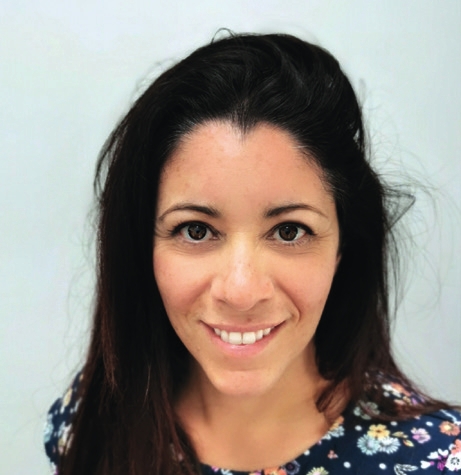What we do – Learner Voice at Danes Educational Trust

Nikki Railton explains why learner voice can transform the landscape of students’ futures – if we let it…

Education has the power to transform a child’s future. As teachers, we cling to this knowledge though the whirlwind of all those late nights, early starts, marking jobs and the overwhelming sense that our work is never done.
Why do we weather the storm in this way? The holidays? The money? No – it’s because our students are there through it all, and because teaching allows us just a moment to be a part of their learning journeys.
And yet the world in which students are living and growing up in is changing every day. The rise of social media has meant children now have a degree of independent agency over their lives that’s entirely unfamiliar – not to mention unanticipated – by previous generations. What’s interesting is that they’re increasingly using the influence they wield to start grassroots movements, change the direction of politics and generally have a say in the world around them.
More than ever, what our students are saying matters.
It’s vital that they possess the skills needed to talk confidently, but even more importantly, they need to have the skills required to talk responsibly.
Around the country, and here at Danes Educational Trust, our learners have been working hard to develop the skills and knowledge they need to thrive when studying a knowledge-rich curriculum. They have also become well-versed in the language of oracy and metacognition, which will equip them with the ability to discuss and truly understand what they do, how they do it and why – both in and outside of the classroom.
That said, it’s no longer enough to simply give learners a voice – we need to make sure that we actually listen to what they have to say. That’s why we established the Danes Educational Trust Learner Voice Council, to provide a forum for meaningful discussion and active research into the teaching and learning that helps our students the most.
Longer term, we’re looking for students themselves to train as teaching and learning researchers, and establish learner-teacher partnerships within which they’re enabled to become agents of change, both within their schools and across our wider Trust community. They will go out into our schools and talk knowledgeably about their findings.
Implicit within this work is a promise to all of our learners that we will listen, evolve and act. By teaching our students to harness the voice they have, they can hopefully transform the landscape of their futures.
Nikki Railton is a leader of purpose and English learning lead at Danes Educational Trust; follow her at @nikkirailton












